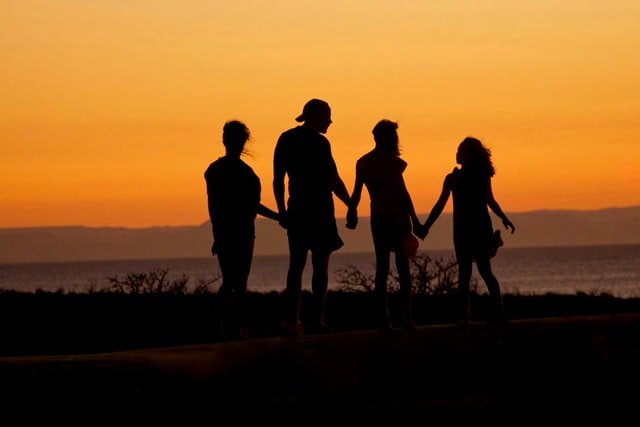Therapeutic foster care for unaccompanied minors

About the project
Not only adults and families with children try to reach Europe to start a better life but also youngsters and even children arrive in Europe without the guidance of a parent. Now more than ever with the tragic and ongoing war in Ukraine, which sees a growing number of unaccompanied minors fleeing the conflict, foster care services report an enormous need to offer therapeutic ‘healing and development oriented’ - care for these youngsters and their foster families. Furthermore, national authorities are extremely challenged on how these unaccompanied minor refugees (UMR) have to be taken care of, according to national and international standards of child care and children's rights.
In the Form project, Therapeutic foster care for unaccompanied minors and their foster families, 6 partner from four countries: Belgium (Odisee University College, Foster care East Flanders v.z.w. Ghent), Germany (University of Kassel), Italy (Centro Nazionale Opere Salesiane, ENSA European Network for Social Authorities) and Cyprus (Hope for children Policy Center Nicosia) join efforts to bring together knowledge and experiences for empowerment and social inclusion of UMR and their Foster Families.
The main outcomes to be shared are:
- A literature review and 'knowledge base and on research and best practices in the field of foster care for Unaccompanied minors refugees on which the model and the training will be based on
- A guidance model -to be used by professional foster care workers - for the delivery of therapeutic care for minor refugees and their foster families; it will be based on research, be very practice oriented, and shared with all foster care actors in the EU;
- A training in exile on this model, addressed to professional foster care workers;
- Policy and implemented recommendations.
Objectives
The main aim of the project proposal is to optimize both the general guidance methods for foster care with UMR and the more specific preventive or therapeutic interventions for foster families in which an UMR grows up, as well as, to share within a learning network of foster care services and organizations, information and methods that strengthen their work within families with UMR.




